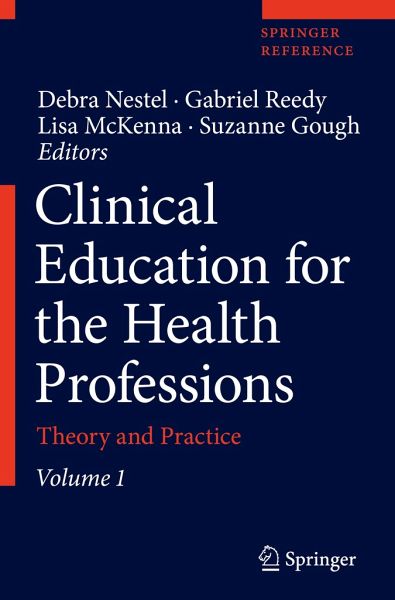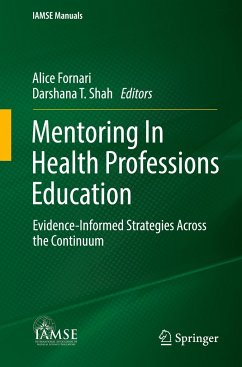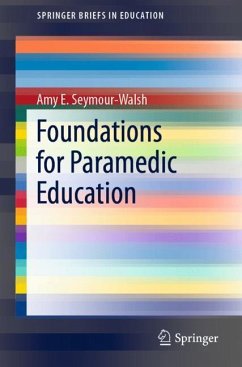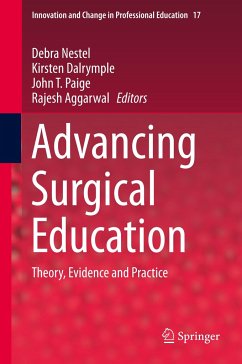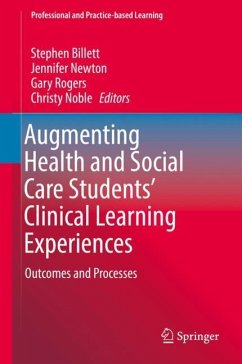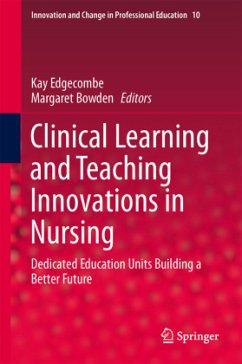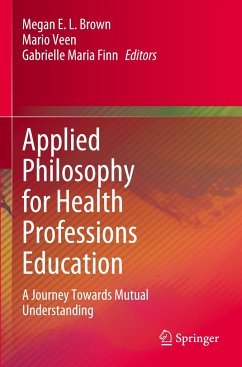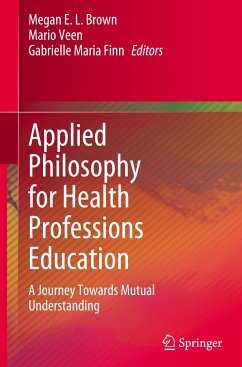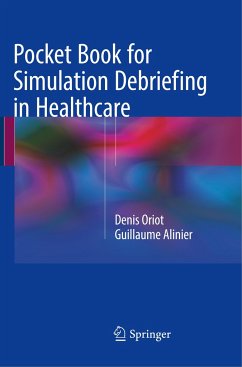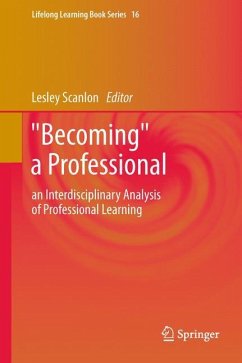Over 35 years, Debra Nestel has worked at the University of Hong Kong, China, Imperial College, United Kingdom, the University of Melbourne and Monash University, Australia. Her first degree was in sociology, and her doctorate in program evaluation and communication skills education in medicine and dentistry. Currently, her education and research activities focus on faculty development for health professional, surgical and simulation educators. Debra is an experienced editor-in-chief (EIC) and has edited several books. She was the foundation EIC of Advances in Simulation and is EIC of the International Journal for Healthcare Simulation. Debra is a Fellow, Academy of the Society for Simulation in Healthcare (United States) and, is also a Fellow, Academy of Medical Educators (United Kingdom). In 2021, Debra was appointed as Member of the Order of Australia for her service to medical education and simulation. She has received the Ray Page Lifetime SimulationService Award and a Presidential Citation from the Society for Simulation in Healthcare. For most of his academic career, Gabriel Reedy has led the interprofessional postgraduate program in health professions education at King's College, London, the largest health sciences university in Europe. His research focuses on how healthcare professionals and emergency responders learn, and how to support and train them more effectively, with a focus on the power of simulated environments and how they can help train individuals, teams, departments, organisations, and inter-agency systems. He is a Principal Fellow of the Higher Education Academy (United Kingdom), a Fellow, Academy of Medical Educators (United Kingdom), and Fellow, Academy of the Society for Simulation in Healthcare (United States). He has served on the Scientific Committee of the Society for Simulation in Europe (SESAM) and the Research Committee for the Society for Simulation in Healthcare (United Kingdom). He is Editor-in-Chief of Advances in Simulation. Over 30 years, Lisa McKenna has worked at Monash University and La Trobe University, Australia. Her initial qualifications were hospital-based nursing and midwifery certificates with her first degree in education. She has since completed postgraduate degrees in education, business administration, and history, and a PhD in nursing. Lisa is currently the Dean, School of Nursing and Midwifery at La Trobe, and EIC of Collegian: The Australian Journal of Nursing Practice, Scholarship and Research from 2014-2022. Lisa has published extensively on nursing, midwifery, and health professions education. Her recent research has focused on health workforce development and competence. In 2022, Lisa was inducted into the Sigma International Nurse Researcher Hall of Fame. Suzanne Gough is an Associate Professor in Physiotherapy and Associate Dean, Learning and Teaching, at Bond University, Australia. She is a member of the Bond Translational Simulation Collaborative team, with national and international experience in healthcare simulation education. Suzanne transitioned from clinical to academic practice in 2004, as a Senior Lecturer at Manchester Metropolitan University. She is a Principal Fellow of the Higher Education Academy (United Kingdom). As Principal Investigator, she has led international project teams to develop simulated patient governance frameworks and training resources for use across the United Kingdom, on behalf of Health Education England. Suzanne's current research interests include the use of virtual reality across diverse patient groups, simulation and technology enhanced learning, stress and burnout, and curriculum design.
